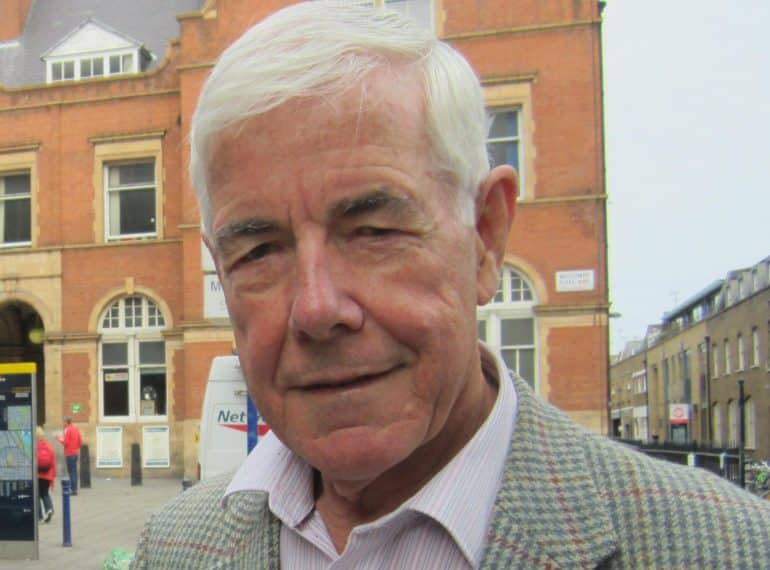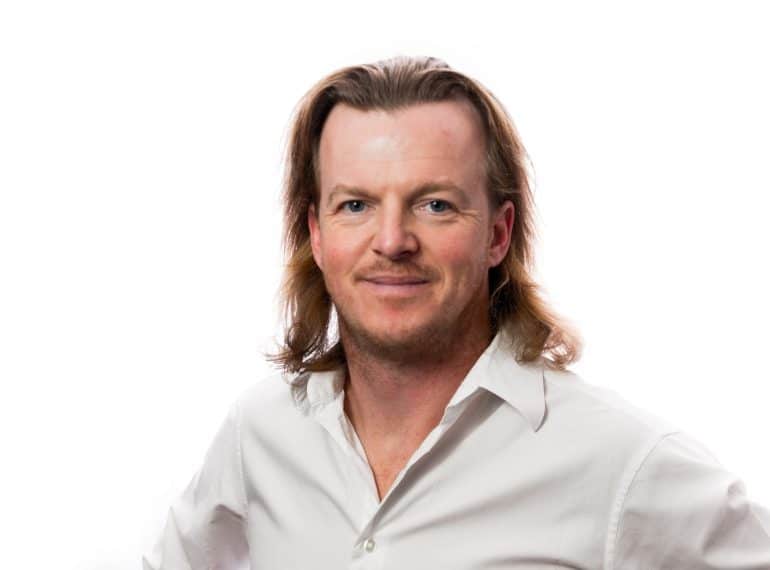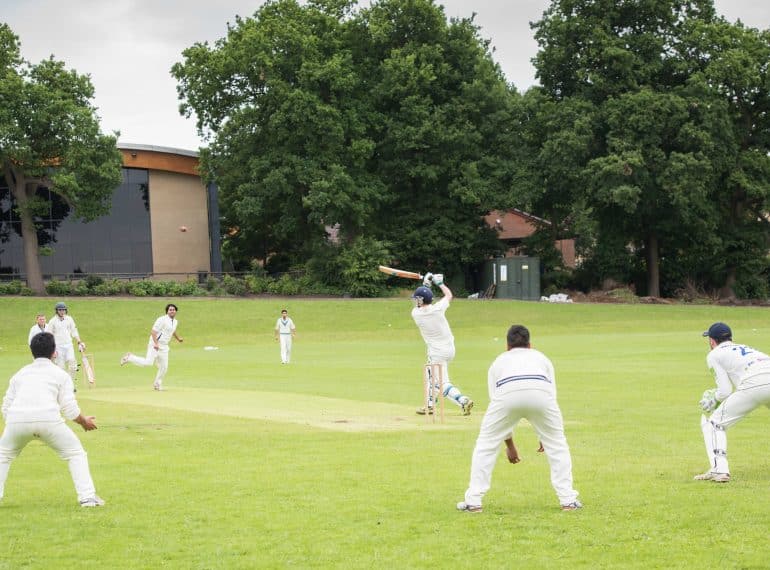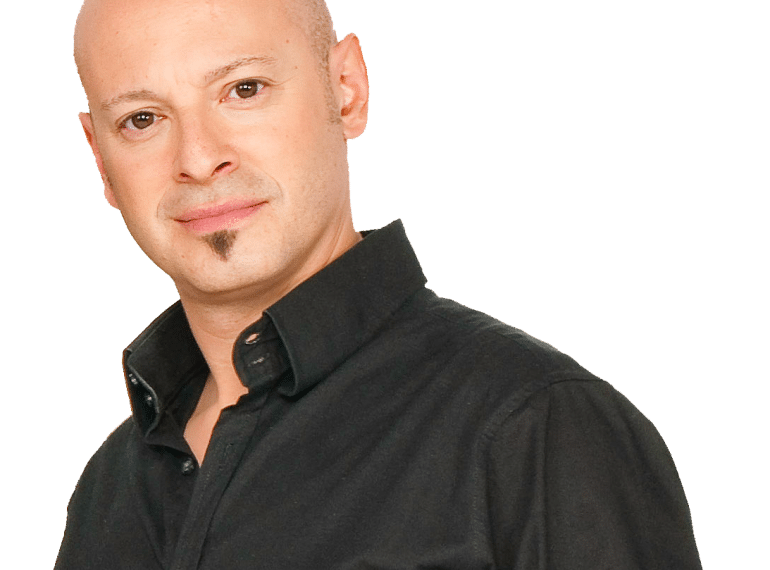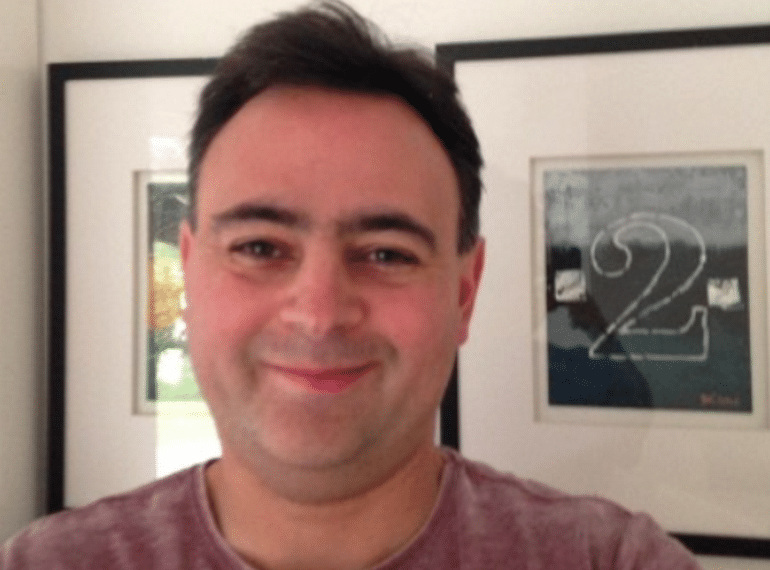
Paul March is putting his expertise as a lawyer with nearly two decades of experience of the media and entertainment industry to good use in his own talent agency.
London-based Marchy Management provides representation and professional services for radio, television and media clients.
Paul (OE 1985 – 1991) was a prefect at QE and showed both commitment and early promise. He threw himself into School life, getting involved in cricket, tennis, journalism and debating. His report card describes him as “an excellent character”, adding: “This boy did a great deal for QE – a true friend of the School throughout.” Current Head of Politics Liam Hargadon remembers him as one of his earliest Politics students.
After A-levels, he went to Leeds University to read Law, where he took up student radio and continued to work in journalism. He went on to law school and gained a Master’s degree in Law (intellectual property) at University College London. He then became a trainee with Covent Garden-based Clintons, a boutique law firm specialising in the entertainment, digital media and creative industries digital media.
For the next 16 years, Paul was a key member of the practice, advising celebrities, musicians, writers, broadcasters, DJs, format creators, radio and television executives and independent production companies. A member of the Board of Trustees of the Radio Academy, he has for many years written on media and legal matters for publications including The Guardian, Herald and Broadcast. In 2013, he wrote a practice paper on television format rights for LexisNexis, the international legal publishing company.
In the same year, he established Marchy Management. “I felt that there was room in the market for an agency focused primarily on broadcasters and presenters and welcomed the opportunity to apply legal and business affairs skills and experience more creatively than the context of private practice and a purely law focus allowed,” he says.
Clients currently on the agency’s books include broadcaster Justine Greene, the newsreader and writer on BBC Radio 2 and BBC Radio 6 Music, as well as Dave Kelly and Lucy Horobin, who jointly present the drivetime show on Heart London.
Paul has maintained his interest in Politics: the posts on his blog tackle topics such as Brexit and Donald Trump.
He has also maintained his friendship with the School. He has helped at various QE careers events, providing current pupils with information and guidance on legal careers. Recently, he was instrumental in securing a visit to the School by the Daily Telegraph’s Senior Political Correspondent, Tim Ross, who gave boys an insider’s view of the 2015 General Election in a lunchtime talk to the Politics Society. Paul accompanied his friend, Tim, on his visit.

